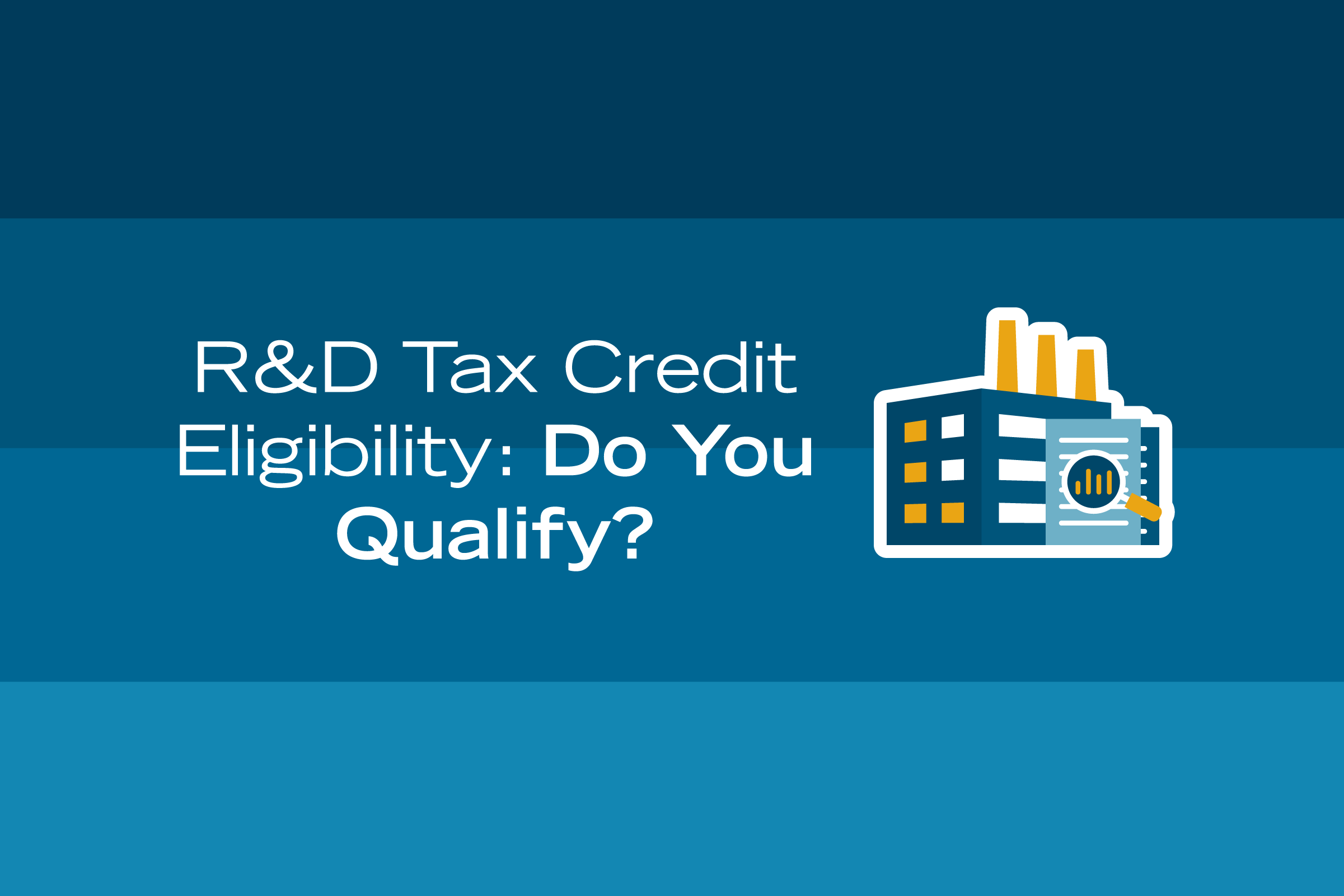Fundamentals of Business Valuation: The Market Approach
- Contributor
- David E. Amiss
Jan 3, 2024
Would you sell your car without checking its Kelley Blue Book value? Would you put your house on the market without pulling up recent sales in the neighborhood? In both instances, most sellers would use recent transactions involving similar assets as a guideline for their target price.
The market approach to business valuation uses a similar concept. Whereas the asset-based approach focuses on what a company owns, and the income approach looks at what a company earns or has the potential to earn, the market approach zeroes in on actual market data.
How the Market Approach Works
Under the market approach, the business valuator will determine a value by comparing the subject company to recently sold businesses with similar risks, returns, and growth. Based on analysis of market data (such as databases of recent transactions), the valuation professional will derive valuation multiples and then adjust those multiples to reflect differences between the selected transactions and the company being valued. Commonly used valuation multiples include price-to-revenue and price-to-earnings. Finally, the valuator will apply the selected multiple to the company’s revenue or earnings to arrive at an enterprise value.
Within the market approach, there are three primary methods:
- The guideline transactions method, also known as the merger and acquisition (M&A) method, is the most commonly used method within the market approach. Using one or more databases of M&A transactions in the subject company’s industry, the valuation professional will select transactions that are recent and comparable in terms of business operations, financial performance, risks, purchase price, and deal terms.
- The guideline public company method compares the subject company to publicly held entities within the same industry with comparable performance and risk characteristics. Given the significant differences between closely held and publicly held entities, this method is only used in private company valuations when the subject company is very large.
- The prior transaction method may be used when the subject company has historical transaction data — such as a previous sale of the company’s stock. The valuation professional will adjust for differences such as financial structure, risk factors, and the size of the block for sale. Remember, for prior transactions to be applicable, they must have been conducted at arm's length (i.e., between independent parties acting in their own self-interests).
Advantages and Disadvantages of the Market-Based Approach
Valuation professionals have differing views on the degree of weight the market approach should have when valuing a closely held company. Some argue that it is appropriate when the objective of the valuation is to determine fair market value, since the market approach is the only one based on objective market data — i.e., actual prices that real buyers are paying.
Other business valuators are hesitant to rely on the market approach because they typically lack certain details about comparable transactions, especially concerning business operations. Valuators also will give less weight to the market approach when the population of comparable transactions is small, or there are obvious differences in markets, locations, sizes, or transaction dates. In some cases, valuators might use the market approach more as a “gut check” to corroborate a value reached through the income approach.
Realize the Potential of Your Business
If you’re considering selling your business, you need to know how much your business would sell for today. A market-based valuation can be an excellent tool to help ascertain the fair market value of your operating business — but only in the hands of an experienced business appraiser. To achieve the most accurate and thorough valuation, seek out a Certified Valuation Analyst (CVA), someone who is Accredited in Business Valuation (ABV), or another experienced valuation professional.
If you want to learn more about what your business is worth and how to optimize that value, contact your CRI advisors. We’ll help you answer these critical questions.














































































































































































































































































































































































































































































































